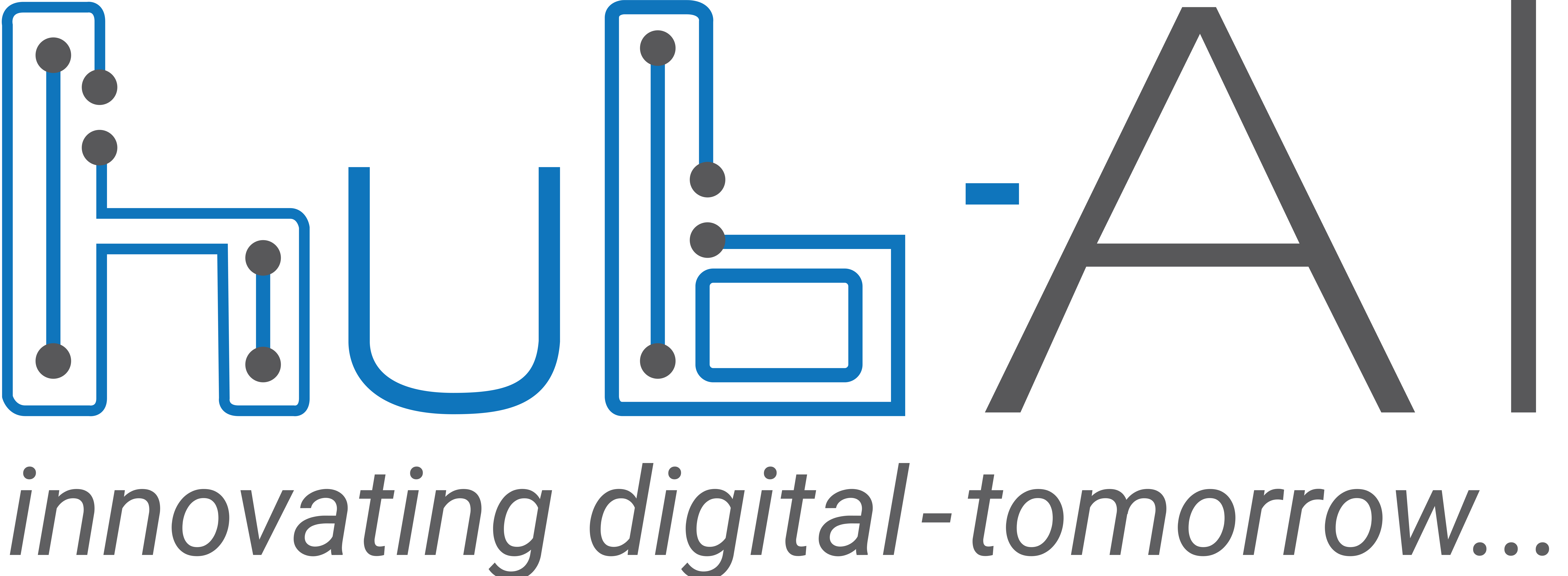What is the Need of SAP?
In the modern business landscape, companies face complex challenges that demand streamlined and efficient solutions to manage their operations. Enterprise Resource Planning (ERP) systems have become a crucial tool for businesses to integrate and optimize various aspects of their operations. SAP (Systems, Applications, and Products) is one of the leading ERP software providers globally, offering a wide range of solutions tailored to meet the diverse needs of businesses. In this article, we will explore the need for SAP and how it can revolutionize the way companies operate and thrive in the competitive market.
1. Simplifying Business Processes with SAP
One of the primary needs for SAP is the ability to simplify complex business processes. Companies deal with numerous departments and functions, such as finance, human resources, supply chain management, sales, and more. Without an integrated system, managing these processes can be time-consuming, error-prone, and hinder overall efficiency.
With SAP, businesses can unify these diverse processes into a single, cohesive platform. It streamlines workflows, automates repetitive tasks, and reduces manual errors. Employees can access real-time data, collaborate effectively, and make data-driven decisions. By simplifying processes, SAP empowers businesses to focus on growth and innovation.
2. Enhanced Data Visibility and Analytics
Data is the lifeblood of modern businesses. Access to accurate and timely information is crucial for making informed decisions. SAP provides a centralized data repository that ensures data consistency across all departments. This data visibility is vital for top management to gain insights into business performance, identify trends, and spot opportunities or potential issues.
Furthermore, SAP's robust analytics tools enable companies to perform in-depth data analysis. They can generate customized reports, create dashboards, and use predictive analytics to forecast future trends. With data-driven insights, businesses can optimize their strategies, boost efficiency, and gain a competitive advantage.
3. Scalability and Flexibility
As businesses grow and evolve, their ERP requirements change as well. SAP offers scalable solutions that cater to businesses of all sizes and industries. Whether it's a small startup or a multinational corporation, SAP can adapt to the company's needs seamlessly.
Additionally, SAP provides modular solutions that allow businesses to choose specific functionalities relevant to their operations. This flexibility ensures that companies do not pay for unnecessary features and can scale their ERP systems as needed, making it a cost-effective choice in the long run.
4. Integration and Collaboration
In today's interconnected world, businesses often collaborate with various partners, suppliers, and customers. Seamless integration with external stakeholders is essential for efficient collaboration and data exchange. SAP facilitates integration with third-party systems, cloud services, and mobile applications, ensuring smooth communication and collaboration.
5. Compliance and Risk Management
Compliance with industry regulations and risk management are critical concerns for businesses. Failing to adhere to legal requirements can result in severe consequences, including financial penalties and damaged reputations. SAP offers solutions that help businesses comply with regulatory standards, maintain data privacy, and manage risks effectively.
6. Improved Customer Experience
Delivering an exceptional customer experience is a key differentiator for businesses. SAP's CRM (Customer Relationship Management) module enables companies to manage customer interactions, analyze customer behavior, and personalize marketing campaigns. By understanding customer needs better, businesses can build strong relationships and enhance customer loyalty.
7. Real-Time Decision Making
In today's fast-paced business environment, timely decisions can make or break a company. SAP's real-time data processing capabilities empower businesses to make quick decisions based on the latest information. Whether it's inventory management, pricing, or production planning, having real-time insights enables proactive decision-making and responsiveness to market changes.
8. Competitive Advantage
Incorporating SAP into business operations provides a significant competitive advantage. By streamlining processes, improving data visibility, and optimizing strategies, companies can operate more efficiently and effectively than their competitors. The ability to adapt quickly, leverage data insights, and deliver excellent customer experiences gives businesses an edge in the market.
9. Global Reach and Standardization
For multinational companies, SAP's global reach and standardization are crucial. It offers multi-language and multi-currency support, enabling seamless operations across different regions. Standardizing processes and data formats simplifies international operations and facilitates collaboration between global teams.
10. Future-Readiness
Technology is continuously evolving, and businesses need solutions that can keep up with the pace of change. SAP invests heavily in research and development, ensuring that its solutions stay up-to-date with the latest technological advancements. By adopting SAP, businesses can future-proof their operations and remain innovative in an ever-changing business landscape.
Conclusion
The need for SAP in the modern business world cannot be overstated. It goes beyond streamlining processes and managing data; SAP empowers businesses to adapt, grow, and excel in a competitive environment. With its robust features, scalability, and focus on innovation, SAP is not just an ERP system but a strategic partner for success. Embracing SAP can revolutionize the way companies operate, optimize their performance, and pave the way for a prosperous future.
